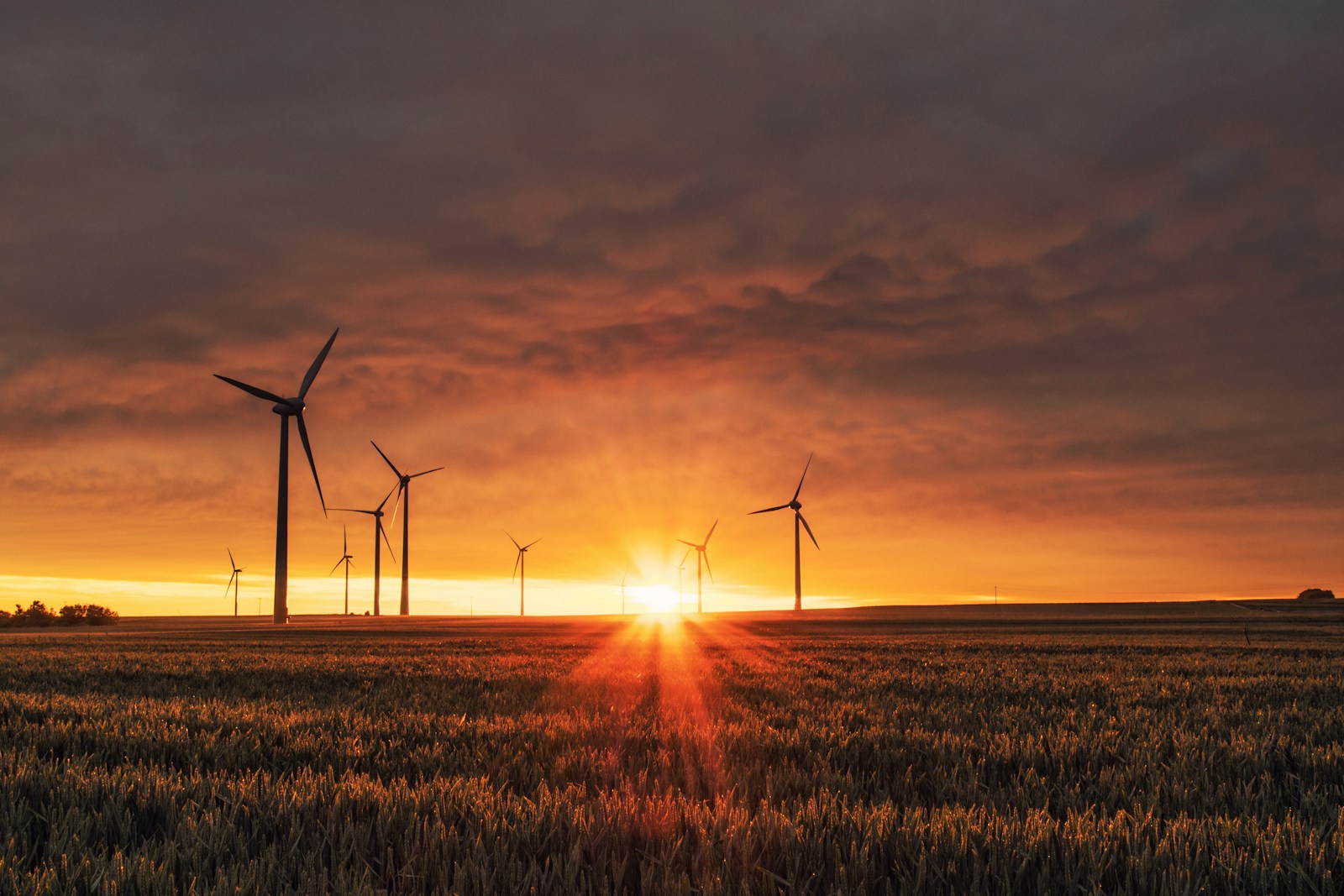Eco-friendly materials have become a focal point in the design and production of high-end furniture.
Luxury brands are increasingly incorporating sustainable elements such as reclaimed wood, bamboo, and natural fibers into their pieces. These materials not only showcase a commitment to environmental responsibility but also add a unique and sophisticated aesthetic to the furniture.
In addition to the use of sustainable materials, high-end furniture designers are also embracing innovative techniques to reduce waste and energy consumption during the manufacturing process. By implementing efficient production methods and utilizing recycled materials, luxury furniture brands are setting new industry standards for eco-conscious design and production. This shift towards sustainability not only benefits the environment but also appeals to consumers who prioritize ethical and environmentally friendly products in their homes.
Green Technology in Luxury Home Appliances
Luxury home appliances incorporating green technology have gained significant popularity in recent years, as sustainability becomes a prevailing concern among consumers. These cutting-edge appliances are designed to minimize energy consumption and reduce environmental impact while offering top-notch performance and modern functionalities. From energy-efficient refrigerators to smart thermostats and water-saving dishwashers, green technology in luxury home appliances is revolutionizing the way we interact with everyday household items.
Moreover, the integration of green technology in luxury home appliances not only contributes to a more eco-friendly lifestyle but also results in long-term cost savings for homeowners. By investing in these environmentally conscious appliances, individuals can lower their electricity bills, reduce their carbon footprint, and support sustainable practices in the manufacturing and design processes of household items. Embracing green technology in luxury home appliances is not just a trend but a responsible choice towards a greener and more sustainable future.
Sustainable Architecture in High-End Real Estate
Sustainable architecture has become a defining feature of high-end real estate, with a shift towards eco-conscious design principles and energy-efficient construction practices. Luxury properties are now incorporating green building techniques such as passive solar design, natural ventilation systems, and efficient insulation to minimize energy consumption and reduce environmental impact. These eco-friendly features not only enhance the sustainability of the property but also contribute to a healthier living environment for its occupants.
In addition to the use of sustainable materials and energy-saving technologies, high-end real estate developers are increasingly incorporating green spaces and biophilic design elements into their projects. From rooftop gardens and living walls to extensive landscaping with native plants, these eco-friendly features not only beautify the property but also help to improve air quality, reduce urban heat island effects, and promote biodiversity. By integrating nature into the built environment, sustainable architecture in high-end real estate is creating a harmonious balance between luxury living and environmental responsibility.
Organic and Ethical Fashion in Luxury Clothing
Organic and ethical fashion in luxury clothing has seen a notable rise in popularity in recent years, driven by an increasing demand for sustainable and socially responsible products. Luxury fashion brands are now embracing organic materials sourced from environmentally friendly farms, as well as committing to fair labor practices throughout their supply chains. This shift towards more ethical practices not only benefits the planet but also provides consumers with the reassurance that their clothing purchases are making a positive impact.
In addition to using organic materials, luxury clothing brands are also focusing on transparency and accountability in their production processes. By ensuring that their garments are made in ethical conditions and that workers are paid fair wages, these brands are setting a new standard for the fashion industry as a whole. The combination of luxury and ethics in fashion represents a powerful force for change, encouraging other companies to follow suit and prioritize sustainability in their designs.
Renewable Energy Solutions for High-End Living Spaces
As high-end living spaces continue to prioritize sustainability, the integration of renewable energy solutions has become a key focus. Solar panels are a popular choice among luxury homeowners looking to reduce their carbon footprint while also cutting down on energy costs. By harnessing the power of the sun, these homes can generate electricity in an environmentally friendly manner, making them more self-sufficient and eco-conscious.
Another innovative approach to renewable energy in high-end living spaces is the implementation of geothermal heating and cooling systems. By taking advantage of the Earth’s natural heat, these systems can efficiently regulate indoor temperatures while significantly reducing energy consumption. This eco-friendly technology not only provides a more sustainable heating and cooling solution but also adds a touch of sophistication to luxury homes committed to environmental responsibility.

Carbon Footprint Reduction in Luxury Transportation
Luxury transportation has long been associated with opulence and extravagance. However, as the world shifts towards a more sustainable future, the focus is now on reducing the carbon footprint of high-end vehicles. Manufacturers of luxury cars are increasingly incorporating hybrid and electric models into their lineup to cater to environmentally conscious consumers. These eco-friendly options not only help in minimizing greenhouse gas emissions but also enhance the overall image of luxury transportation as a responsible choice.
In addition to the type of vehicles being used, luxury transportation services are also investing in innovative technologies to further reduce their carbon footprint. From optimizing routes to minimize fuel consumption to implementing advanced engine technologies for higher fuel efficiency, every aspect of luxury transportation is being scrutinized to align with environmental standards. As consumers become more conscious of the impact of their choices on the planet, the demand for sustainable practices in luxury transportation is expected to rise, prompting the industry to prioritize eco-friendly solutions.
Zero-Waste Practices in High-End Hospitality
Sustainability has become a pivotal theme in the hospitality industry, particularly in high-end establishments aiming to reduce their ecological footprint. By implementing zero-waste practices, these luxury hotels and resorts are demonstrating their commitment to environmental responsibility.
One approach adopted by upscale hospitality venues is the utilization of composting systems to manage organic waste efficiently. Through composting, food scraps and biodegradable materials are transformed into nutrient-rich soil for landscaping, closing the loop on waste production. Additionally, these establishments prioritize recycling programs to minimize the volume of non-biodegradable waste heading to landfills.
Biodegradable Packaging in Luxury Goods
As consumers become more environmentally conscious, the demand for luxury goods packaged in biodegradable materials is on the rise. Luxury brands are recognizing the importance of sustainable packaging not only for ethical reasons but also as a way to cater to the evolving preferences of their high-end clientele. By utilizing biodegradable packaging, luxury goods companies are not only reducing their carbon footprint but also aligning themselves with the growing green movement in the industry.
The shift towards biodegradable packaging in luxury goods is a reflection of a larger trend towards sustainability within the luxury market. With a focus on reducing waste and promoting eco-friendly practices, luxury brands are investing in innovative packaging solutions that prioritize both aesthetics and environmental responsibility. By incorporating biodegradable materials into their packaging, luxury goods companies are sending a powerful message that luxury and sustainability can go hand in hand, setting a new standard for the industry as a whole.
Fair Trade Practices in High-End Beauty Products
The incorporation of fair trade practices in high-end beauty products signifies a shift towards ethical and sustainable sourcing in the beauty industry. By prioritizing fair trade ingredients, luxury beauty brands are not only ensuring the well-being of the communities involved in production but also committing to environmental stewardship. Consumers are increasingly seeking products that align with their values, driving the demand for transparency and accountability in the beauty sector.
This emphasis on fair trade practices extends beyond a mere marketing strategy; it reflects a genuine effort to support marginalized producers and uphold social responsibility. Luxury beauty brands that embrace fair trade principles are setting a precedent for ethical business conduct and fostering a culture of conscientious consumption. As the beauty industry continues to evolve, the integration of fair trade practices is poised to reshape beauty standards and elevate the industry as a whole.
Water Conservation Strategies for Luxury Landscaping
When it comes to luxury landscaping, water conservation is not only a responsible choice but also a trend that is gaining traction in upscale residences. In order to maintain lush and vibrant outdoor spaces while minimizing water usage, high-end properties are increasingly turning to innovative irrigation systems that are designed to be efficient and precise.
One popular approach is the installation of drip irrigation systems, which deliver water directly to the base of plants, minimizing evaporation and runoff. Additionally, luxury properties are incorporating drought-resistant plants into their landscapes, reducing the need for excessive watering while still maintaining a visually stunning aesthetic. By implementing these water conservation strategies, high-end homeowners can not only reduce their environmental impact but also showcase their commitment to sustainable living in style.
